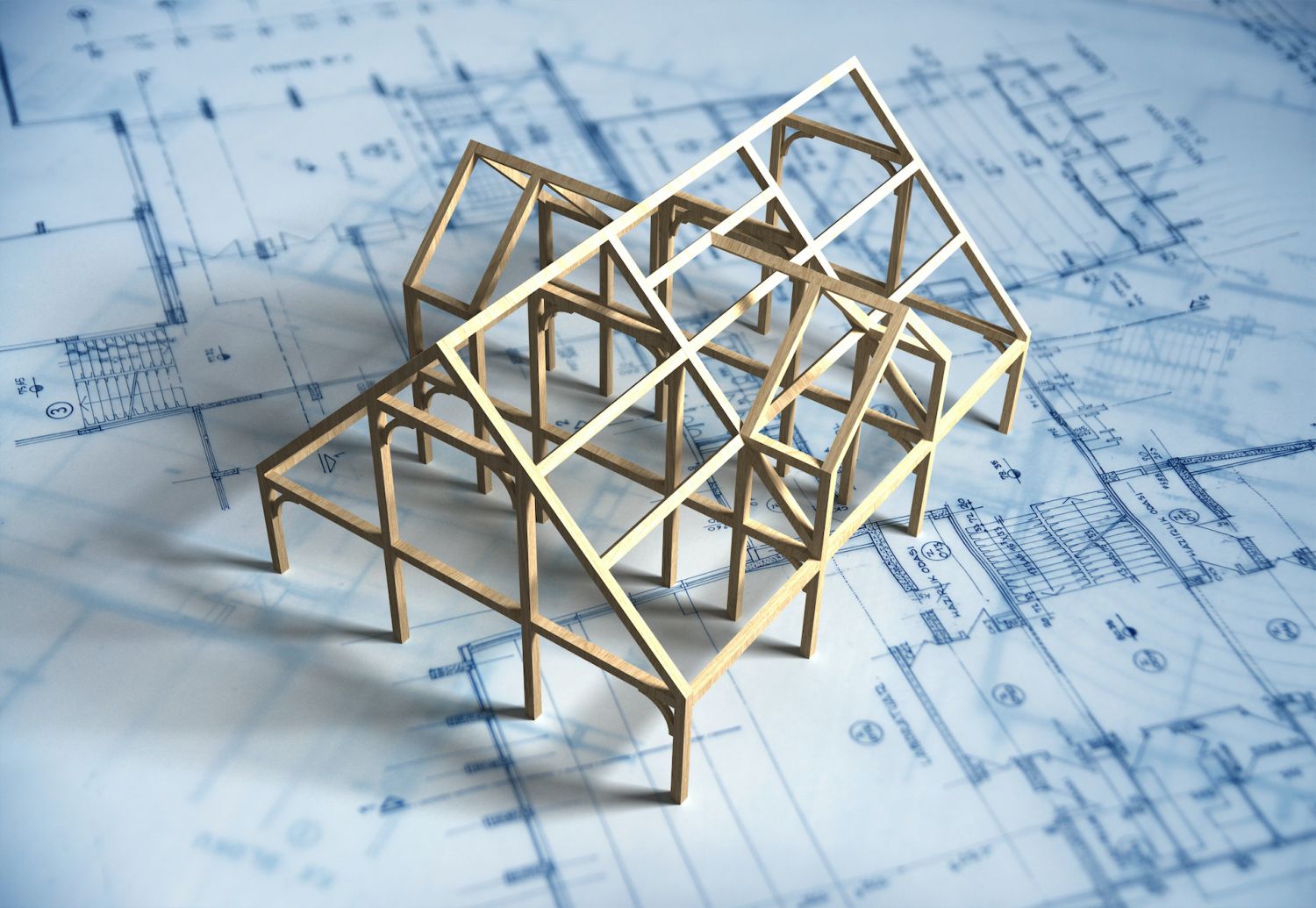Renowned feng shui master Dato' Joey Yap takes the stress out of buying a new home with a guide to what to look out for when buying a new home
When it comes to buying a new home, apart from cost, location and what works for you and your family, it's also reassuring to know if your possible purchase is feng shui compliant.
But what are the things to keep in mind when making this decision? We speak to Dato' Joey Yap about some crucial feng shui dos and don'ts.
See also: Dato' Joey Yap on Myths and Metaphysics, and Powering Through Covid-19
Are there any general feng shui dos and don’ts when purchasing a new home?
Feng shui is all about how the energy in the environment affects you. Whether you are aware of it or not, the effects are there. So, as a general rule of thumb, if it looks good, it feels good, then the feng shui is probably good.
In the study of feng shui, the energy comes from the surrounding environment such as rivers and mountains. The simple rule here is that if they are within your line of sight from your home, then you should be able to tap into their energy. Without going into details, different natural landforms provide different benefit so it really depends on what you’re looking for.
What do we need to avoid with regards to the exterior?
- Sharp edge pointing towards the main door
- Having the door facing directly towards balcony or kitchen door or back patio.
- Main door facing towards the road T-Junction
- Lamp pole, pillar or tree trunk facing towards main door.
- Kitchen stove not too close to the kitchen sink
- Uneven ceilings.
Don't miss: Home Tour: A Fan-Shaped Home In Kuala Lumpur Combining Feng Shui And Sustainable Design

What are some general feng shui rules when selecting a building site for your new home?
Authentic, classical feng shui places heavy emphasis on the vicinity of the home. In fact, the etymology of feng shui comes from a famous saying "Qi (or energy) is dispersed by the Wind and gathers at the boundaries of Water”. Thus, the external environment is the reservoir of energy. If the energy of the surrounding area is poor, there isn’t much to tap into in the first place.
Do: Ideally, you’d want to have a building site that has mountains in the distance and a water feature such as a river or a lake nearby.
Don't: Forget to take note of the distance between your property and these features as they can be considered bad if they are in close proximity to your house (such as at the base of a mountain or right next to a lake).
Don't miss: 5 Off-The-Beaten-Path Nature Destinations In Malaysia You’ll Love


